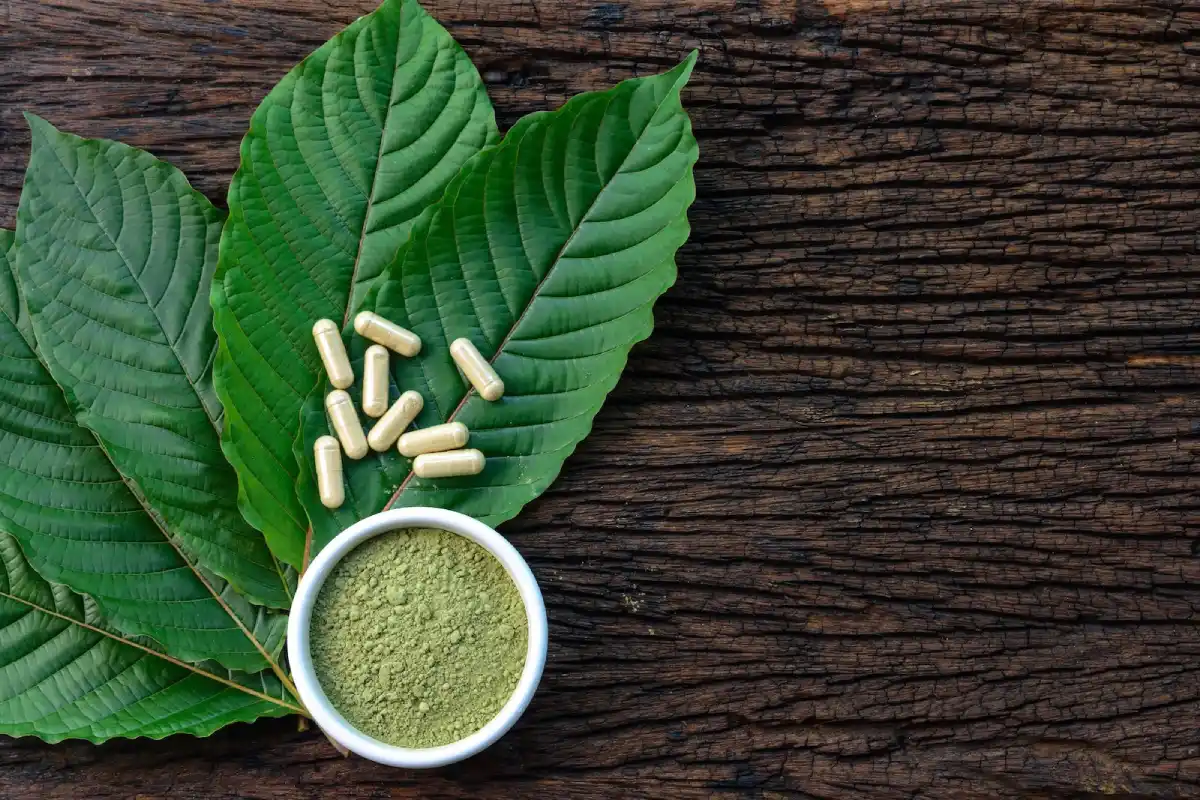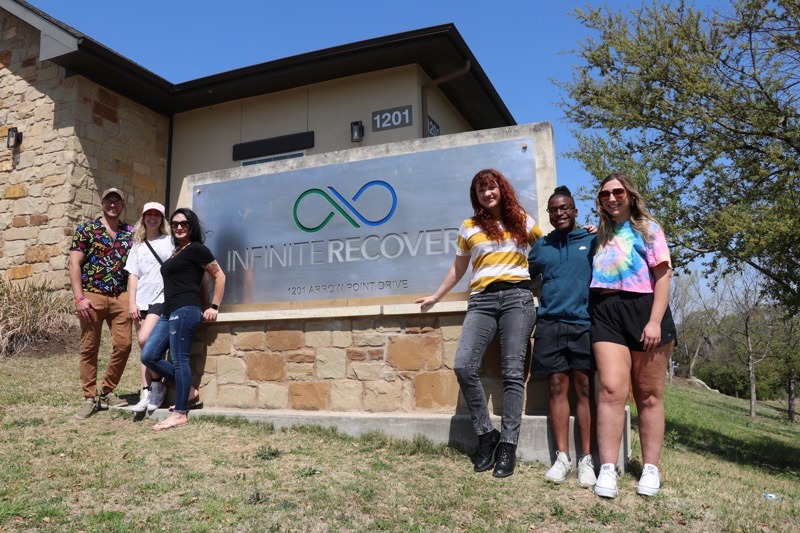Table of Contents
The opioid crisis will continue to grow in the United States. This will force more and more people to confront and possibly struggle to overcome dependency. As more people look for help, less than reliable systems will appear.
One of the most controversial methods to self-detox from opiates is a previously little-known herb from the other side of the globe: kratom.
What is kratom? Kratom, scientifically known as “Mitragyna speciosa,” is a relative of the coffee plant, only with a much darker history. Its leaves are picked, dried, and then ground into a powder and packaged for sale.
The problem with kratom is simple: It can also lead to addiction.
After extensive testing, the Food and Drug Administration (FDA) released a statement in February 2018 stating kratom contains the same chemical compounds found in opioids. This research also indicated that kratom acts on the brain in the same way as prescription opiates, such as oxycodone, and nonprescription opiates, such as heroin.
“Claiming that kratom is benign because it’s ‘just a plant’ is short-sighted and dangerous,” said former FDA commissioner, Scott Gottlieb, MD, in the above statement. “It’s an opioid. And it’s an opioid that’s associated with novel risks because of the variability in how it’s being formulated, sold, and used recreationally.”
A Look At If Kratom Can Help Addiction: The Science On Opiate Withdrawal Is Mixed
The issues behind why kratom isn’t the solution people think it is are simple. Kratom’s popularity is partly due to opioid addicts claiming the use of the drug has helped them overcome addiction to prescription medications.
But here’s the issue: Users often find themselves trading one addiction for another.
Kratom’s chemical properties cause it to bind to the opioid receptors of the brain. The treatment works by hoping the more mild effects can help replace the needs of those addicted to ‘harder’ drugs. However, the problem is the same chemical properties that make it a potential detox aid also make it an addictive substance.
The Department of Health and Human Services recommended that kratom be classified as a Schedule I substance, placing it into the same category as heroin and LSD.
Because herbal supplements are often unregulated and can vary in intensity until greater research is done, using kratom to self-detox from opiates presents a dangerous risk.
How Kratom Impacts Opiate Withdrawal Symptoms
When using kratom, people looking for relief from opiate withdrawal symptoms end up creating a whole new set of problems, leading to them becoming addicted to kratom. Kratom withdrawal symptoms look remarkably similar to those experiencing withdrawal from heroin.
These symptoms can include:
- Nausea
- Loss of Appetite
- Hallucination
- Anxiety
- Seizures
Right now, kratom is marketed as a safe way to overcome opioid addiction, but this is not the case. Moreover, researchers now warn that it may not be as safe as the packaging suggests.
Additionally, many people using kratom to overcome addiction are choosing to attempt to detox on their own. Unfortunately, mixing unknown substances with withdrawal symptoms without a support network makes the journey to recovery impossible.
The truth is you shouldn’t try to “go it alone” by self-detoxing. Here’s why.
Detox Safely With Professional Help
Detoxing can be a difficult experience done alone, and rarely does the change last.
The problem is when you do it alone, you end up ignoring the regenerative and holistic healing needed to get and stay sober.
That’s why we suggest people detox with professional help. When working with a team of medically trained professionals, you get the care you need and individualized help resolving the traumas that brought you to addiction in the first place.
At Infinite Recovery, we use a holistic, hand-tailored approach to help you resolve traumas, get sober, and guide you on your journey to recovery.
To learn more about how we can help, our integrative holistic approach, and what you can expect during recovery, reach out to us today.
Sources:
Infinite Recovery has strict sourcing guidelines and relies on peer-reviewed studies, academic research institutions, and medical associations for our references. We avoid using tertiary references as our sources. You can learn more about how we source our references by reading our editorial guidelines and medical review policy.
- Stanciu CN, Gnanasegaram SA, Ahmed S, Penders T. Kratom Withdrawal: A Systematic Review with Case Series. J Psychoactive Drugs. 2019;51(1):12-18. doi:10.1080/02791072.2018.1562133
- Commissioner O of the. Statement from FDA Commissioner Scott Gottlieb, M.D., on the agency’s scientific evidence on the presence of opioid compounds in kratom, underscoring its potential for abuse. FDA. Published March 24, 2020. Accessed June 15, 2022. https://www.fda.gov/news-events/press-announcements/statement-fda-commissioner-scott-gottlieb-md-agencys-scientific-evidence-presence-opioid-compounds
- HHS recommended that the DEA make kratom a Schedule I drug, like LSD or heroin. STAT. Published November 9, 2018. Accessed June 15, 2022. https://www.statnews.com/2018/11/09/hhs-recommended-dea-ban-kratom-documents-show/
















